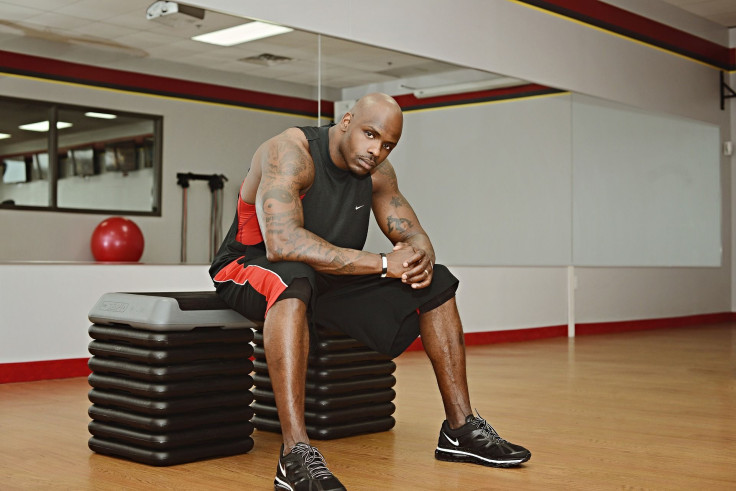New Gym Culture And Shocking Rise Of Body Dysmorphia
Every time an individual refreshes their social media feed, they encounter typical "gym bros." They see gym junkies flexing their muscles and drinking their protein. Recently, a new gym culture has emerged on social media that entails uploading transformation pictures, comparing bodies, and adhering to trends in order to be accepted in fitness centers.
In line with this new gym culture, women are increasingly focusing on developing a beach body, while men are working on hitting a "one rep max" every single day. Working out every day, following extreme diets, and hopping on supplements have now become the new normal for gym goers.
A typical gym bro's day begins with some cardio on an empty stomach, followed by a protein-rich breakfast, and a strength training session later in the day. Following a healthy lifestyle has many advantages, however, obsessing over muscles and appearance has led to many people developing body dysmorphic disorder (BDD).
What is body dysmorphic disorder?
Body dysmorphic disorder (BDD) is a mental health condition where individuals become preoccupied with themselves to look good in front of the camera. In layman's terms, an individual with BDD constantly worries about the flaws in their body. As a result, they hit the gym frequently, track their macros, eat fewer calories, and even measure their body weight every single day in order to look good.
The condition is also known as "bigorexia," and it typically affects men, according to The Guardian. People with BDD frequently adhere to extremely restrictive diets, resulting in approximately 30% of them suffering from certain types of illnesses and eating disorders.
Symptoms of body dysmorphia
For some, it may involve eating only diet food, while for others, it focuses on persistently comparing their muscles with others. People with BDD may display the following behavior:
- Excessively lifting weights and extreme dieting
- Using supplements or performance-enhancing drugs in some cases
- Avoiding social situations that may draw attention to their body, such as swimming or going to the beach
- Excessively checking mirrors or avoiding them altogether.
- Spending more time in the gym than in any other social activity
The shift in gym culture
The primary goal of exercising was to help individuals become stronger both physically and mentally. However, over time, gyming has left people dissatisfied with themselves. The belief that internal health is more important than looking good has been sidelined by the new gym culture, which only accepts big muscles, abs, and veins. It is believed that aesthetics has trumped health, prompting gym-goers to believe that photoshopped bodies can be obtained merely by starving and training.
Mental concerns
While the gym was originally a space to promote self-improvement, it has transformed into a battlefield where gym bros compete and flaunt their lifts and biceps. People join the gym to get fitter, but as soon as they encounter the gym bros with muscles, it is believed that their goal changes to either bulking or cutting.
Bulking is a phase when an individual consumes more calories than required in order to gain weight. It is then followed by strength training to build muscle. Cutting, on the other hand, entails eating fewer calories than required to lose fat and look shredded. According to the theory, a person should gain mass by following a bulk diet and then lose fat to appear lean and shredded.
"Bulking and cutting" have been linked to an increased incidence of muscle dysmorphia and eating disorders in people of all genders, according to a study conducted by Medical News Today.
Looking fit vs being healthy
The main objective of every gym goer today is to have a Pinterest-like physique: Ripped, muscular and aesthetic. Driven by the desire to look muscular, individuals often compromise their health. People are advised to have a clear goal in mind whether they want to look good by doing scratch dieting or they want to measure their progress in terms of mental happiness. They should consider why they are going to the gym - whether it is for likes on social media or to improve their health and fitness lifestyle. It is important to note that achieving a social media-approved body can take a heavy toll on both mental and physical health.

© Copyright IBTimes 2025. All rights reserved.





















